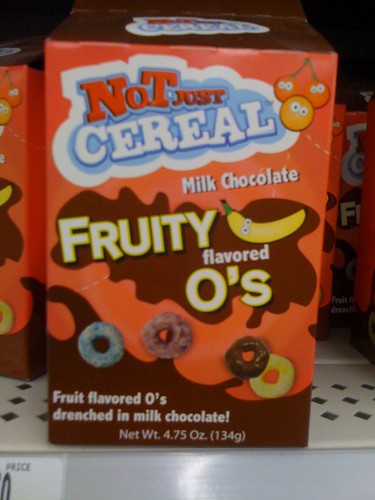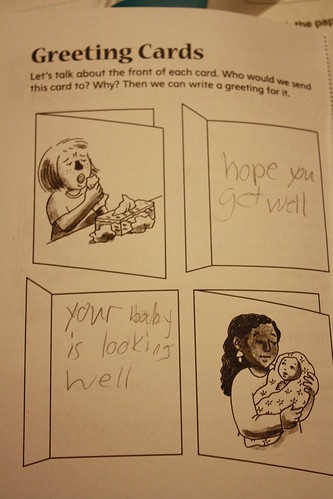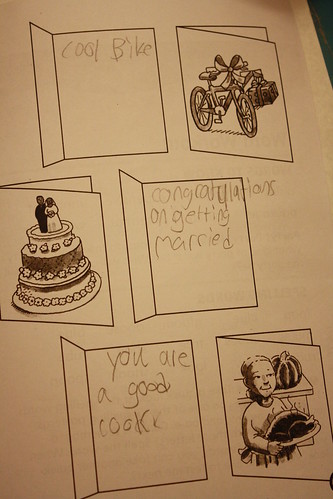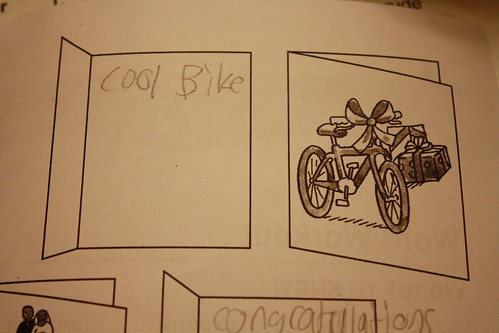pc police
March 18th, 2011“Everyone’s so politically correct these days.”
“Political correctness has gone too far.”
“Political correctness violates the First Amendment.”
Please stop saying statements like these and find a better way to articulate yourself because you sound really, really ignorant.
Politically correct is one of those terms that makes me cringe, not because of what it represents, but for how it’s been reclaimed by nasty people to mock those of us who request or demand a more mature and respectful general discourse. But, for better or worse, that’s the term that we seem to be stuck with, since “Not Acting Like a Racist/Prejudiced/Homophobic Jackass,” is wordy and not always appropriate for the evening news.
Let me tell you first what politically correct IS NOT. There is no politically correct legislation. The First Amendment of the Constitution states that THE GOVERNMENT may not dictate what you can and cannot say. It does NOT state that you can say whatever you want about/to whoever you want and that person just has to take it, even if you’re dragging the conversation down by being tactless and offensive. So while the government can’t tell you what to say or not to say, private citizens and companies (ie, your employers) can. You are, in fact, pretty fucking free in this country, no matter whatever dipshit on Fox News you get your information from tells you.
Politically correct is a general understanding that if you say something that the person that you are talking to or about finds demeaning and unnecessary, they can ask you to stop out of respect for them as a human being. And you, if you are not a self-centered a-hole, will at least adjust your language for the sake of the understanding that we are all equals and deserve to be treated with the bare minimum of respect.
What is usually pretty interesting about protests against politically correct language is that they often come from a member of a traditionally dominant group of society. Being told by someone who was traditionally beneath them that they do not permit them to speak to them that way makes them feel uneasy and not powerful. So, a straight person pouting over someone asking them not to use the word “gay” as a synonym for something stupid or negative, or an able-bodied person upset because they were asked not to use the word “retard,” or a white person coming to the stunning realization that making fun of “Asians” is not only assheadedly insensitive, particularly now, but myopically ignorant and tacky, or a man upset that he can’t get away with calling every woman a bitch and not get shit for it are the reactions of a privileged group threatened by those whose oppression they benefited from. It’s much easier to believe that one of those uppity “others” is trying to stifle your freedom of speech than it is to accept that your words do, in fact, damage our progress as a society. Words are never “just words.”
Of course, it happens often that we unintentionally offend people. Perhaps a joke fell horribly flat and you are in the awkward position of defending your choice of words. “You know that’s not what I meant,” is not the thing to say here. “I’m sorry that you found that offensive,” is also not the solution. And, seriously, “My best friend is ______ and he doesn’t care if I say ______,” doesn’t absolve you. The members of any group of people are not all the same. Simply say, “I’m sorry,” and try to absorb what you learned from the experience.
It’s not about censorship. It’s not about manners. It’s about treating each other the way we should be.















